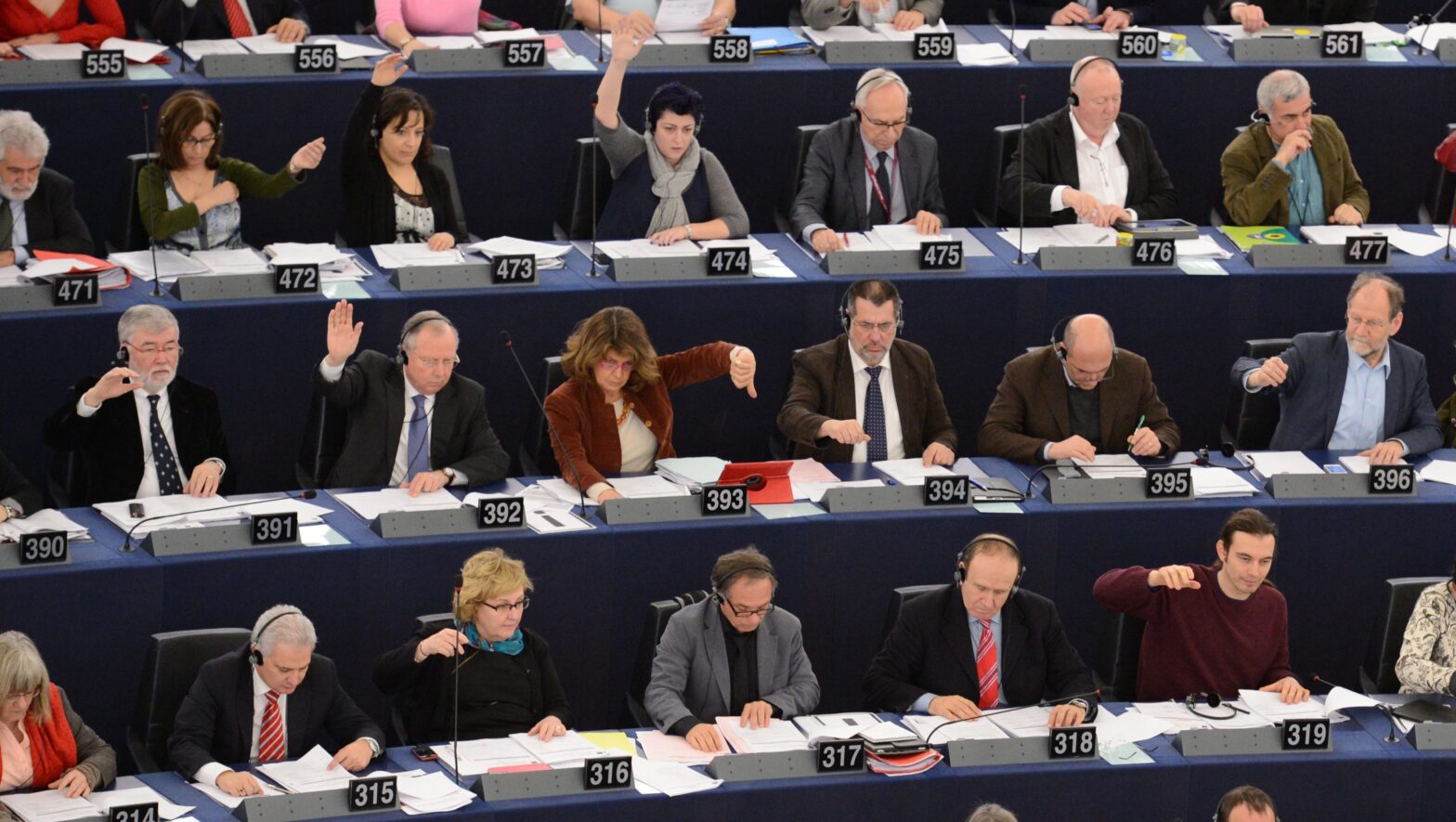GONG, a well-known nongovernmental organisation in charge of monitoring election processes in Croatia, on Monday ascribed a low turnout of 20.8% at Croatia’s first election of its deputies to the European Parliament on Sunday to passivity of political elites and to the fact that the electorate was insufficiently informed about European Union institutions and processes in the bloc.
GONG therefore expresses regret at a missed opportunity for voters to be protagonists in political-decision making instead of being “mere spectators”.
This civil society organisation also warns about the problem of a high number of invalid ballots, as there were 5.07% or as many as 39,572 invalid ballots.
GONG said that a rise in spoilt votes had been expected due to the fact that Croatia had for the first time introduced open slates so that voters were allowed to cast their ballot for a party slate and in addition could vote for a particular candidate on that slate to whom they wish to give priority in relation to other candidates on the slate.
GONG said it had expected a rise of above 2% in spoilt votes due to preferential voting, however, the final results showed that there was more than 5% of invalid ballots which “is a consequence of inadequately informed voters on the new voting model”.
GONG calls on the State Election Commission to analyse every spoilt vote so as to establish the portion of invalid ballots caused by a lack of knowledge and the portion of intentionally spoilt votes by voters who thus protested.
The nongovernmental election monitoring organisation also highlighted the problem of a high number of ballots cast for parties or coalition that did not, nevertheless, manage to pass the election threshold of five per cent. There were 29.3 % of ballots out of total ballots cast that were given to parties that did not win any seat, which prompted GONG to call for the revision of the registry of political parties so as to establish a portion of fictitious parties.
